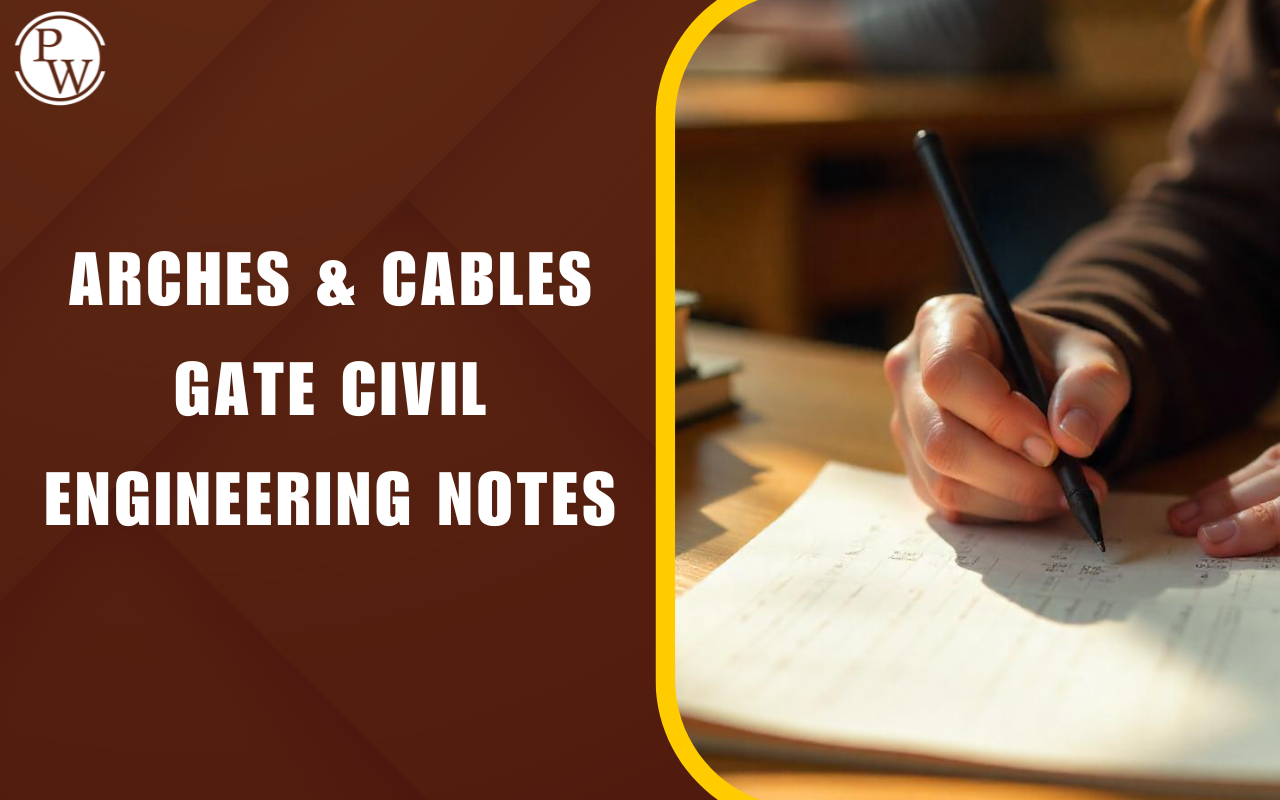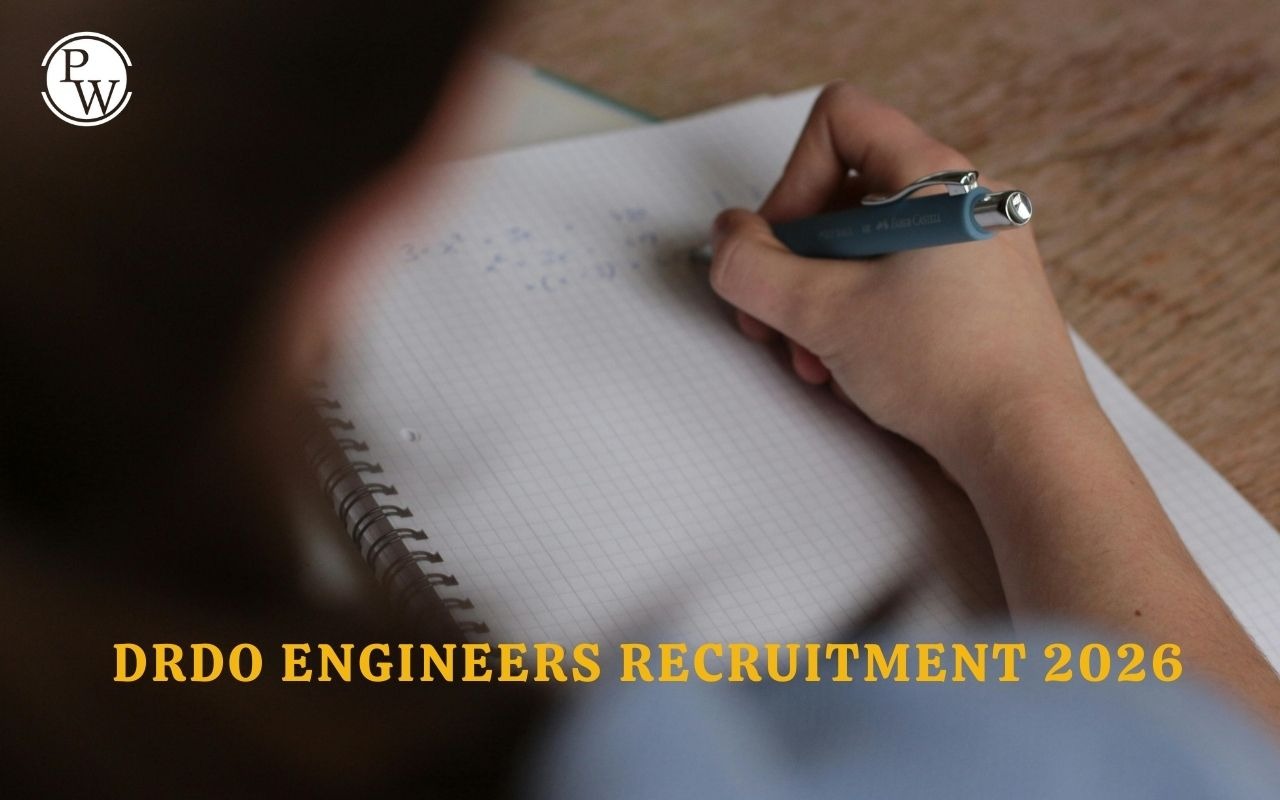
Difference Between ME & M.Tech- The difference between M.E. and M. Tech is that Master of Engineering programs frequently emphasise advanced engineering abilities and a knowledge-based curriculum.
MTech is a professional postgraduate engineering master's degree program available to people who have completed two years of engineering study. This degree is focused on a particular engineering field. In India, the ME/MTech degree is provided in a range of specialisations. Among these specialisations are civil engineering, computer science and engineering, chemical engineering, electrical engineering, VLSI, mechanical engineering, electronics and communication engineering, and others. Also Read: Top 10 M.Tech Colleges in IndiaDifference Between ME & M.Tech
ME stands for Master of Engineering, while MTech stands for Master of Technology. The main difference between these two degrees is their practical application and course material. The Master of Engineering (M.E.) is a course-based master's degree. It is solely academic and is unquestionably a more acceptable and recognised degree. A candidate for an M.E. degree must have a B.E. / B.tech degree. Candidates who want to pursue advanced engineering studies can enrol in M.E. programmes. M.E. is mostly a lecture-based degree that is accredited by one of the professional engineering bodies such as IMechE, IEE, and others. M.E. degree holders can obtain chartered status with a master's degree. Also Check: Is GATE compulsory for MTechWhat is the difference between M.E. & M.Tech?
However, M.E. programs are often created for students who intend to work in the engineering field after graduation. Its goal is to increase business awareness, and it usually concentrates on engineering grounds. A M.E. degree not only assists in obtaining a lucrative job in the field of interest, but also assists in continuing research work in related fields. It requires plenty of practical experience. In contrast, the Master of Technology (M.tech) is a two-year postgraduate program. The program is primarily intended to provide students with the fundamental practical skills necessary to develop in them the ability of methodical thinking and reasoning, practical approach and explanation, and understanding of the principles involved in the application. The primary objective of this program is to develop the skills and knowledge needed to maximise the power of innovation, research, technology, and product development, as well as to comprehend, integrate, and promote technology management in industry, thereby improving business productivity and global competitiveness. The primary goal of this program is to develop Research Engineers who can hold the post of "Technologist" in companies and research institutes. The importance of this course is at an all-time high right now. As the excitement and popularity of B.tech grows, students are applying for M.tech after completing their bachelor's degree to gain more information and specialisations in their respective trade in order to obtain high-paying jobs. Candidates must pass the GATE exam in order to be admitted to this degree. Also, Check: List of Colleges Accepting Gate ScoreDifference Between ME & M.Tech - Highlights
The University Grants Commission of India (UGC), the All India Council of Technical Education (AICTE), and the National Board of Accreditation in India (NBA) oversee this master's degree. Admission to M.E.ME/MTech programmes in technical schools and universities in India is determined by a National/State/Institute-level engineering entrance exam. There are few similarities between these two degrees, but the main differences are their practical application, course material, and focus.| M.E. | M.Tech. |
| M.E. is more focused on knowledge. | M.E. is more focused on Skills. |
| This is a two-year program. | This is a two-year program. |
| M.E. is often intended for students who intend to work after graduation. And for those who are already employed in the engineering field. | M.Tech is intended to develop Research Engineers capable of holding the position of "Technologist" in industries and research institutes. |
| It emphasises detailed concept clarification of facts. | It emphasises practical application of theoretical knowledge. |
| M.E. is primarily preferred by private universities or self-affiliated institutes. For example, IIT. | M.Tech degrees are offered by colleges associated with various universities. |
| The word M.E. is commonly employed in theory-based research. | M.Tech entails the utilisation of technology and other assisted materials. |
Difference Between ME & M.Tech - Which One is Better?
A Master of Engineering and a Master of Technology can help you build various skill sets. It is critical to choose between these two based on your future job goals.| M.E . | M.Tech |
| Ability to communicate – verbal and written | Acquaintance with Industry Standards |
| Knowledge of the subjects studied in B.E./B.Tech | Teamwork |
| Creativity | Multifaceted exposure |
| Critical Thinking and Problem Solving | Leadership and Management Skills |
| Commitment and Desire to Learn | Acquaintance with Computers and IT |
| Attention to details | Giving and receiving feedback |
Eligibility Criteria for ME & M.Tech
Here is the eligibility criteria for ME & M.Tech-- ME/MTech degree candidates must have finished their BE/BTech degree and have a valid GATE score.
- To be eligible for the Master of Engineering programme, candidates must have completed a 5-year program in Science or Applied Sciences that culminated in the award of a Master of Science degree.
- A student's admission is determined by his or her performance on the ME./MTech entrance exam.
- For an undergraduate degree, several universities need a score of at least 50% on the previous qualifying test. To attend IIT Madras, for example, you must have a bachelor's degree with a 75 percent average.
Entrance Exam for ME & M.Tech
The entrance exam examination is the only distinction between the two courses. If you apply for the M.Tech programme, you will have several college possibilities. The majority of prestigious universities need students to pass entrance exams. These are the main entrance exam assessments available across the country -- GATE – The Graduate Aptitude Test in Engineering
- OJEE – Odisha Joint Entrance Examination
- AP PGECET – Andhra Pradesh Post Graduate Engineering Common Entrance Test
- BHU PET – Banaras Hindu University Post Graduate Entrance Test
- BITS HD – Birla Institute of Technical Science Higher Degree
- KIITEE – Kalinga Institute of Industrial Technology Entrance Examination
- AJEE – AISECT Joint Entrance Exam
- ITM NEST – ITM National Entrance and Scholarship Test
- IIITH PGEE – International Institute of Information Technology Post Graduate Entrance Exam
- TS PGECET – Telangana State Post Graduate Engineering Common Entrance Test
- SRMJEEE PG – SRM Joint Engineering Entrance Examination for PG
- IPU CET – Indraprastha University Common Entrance Test
- UPSEE – Uttar Pradesh State Entrance Examination
- Gujarat PGCET – Gujarat Post Graduate Common Entrance Test
- TANCET – Tamil Nadu Common Entrance Test
- KARNATAKA PGCET – Karnataka Post Graduate Common Entrance Test
Specialisations in ME and M.Tech in India
In India, the following specialisations are available for M.E. and M. Tech students:- Civil Engineering
- Aerospace Engineering
- Electrical Engineering
- Software Engineering
- Mechanical Engineering
- Automobile/Automotive Engineering
- Computer Science Engineering
- Aeronautical Engineering
- Agricultural Engineering
- Biotechnology Engineering
- Artificial Intelligence and Machine Learning
- Information Technology Engineering
- Chemical Engineering
- Electronics and Telecommunication Engineering
- Food Systems Engineering
- VLSI System Design Engineering
- Air Armament
- Bio Mineral Engineering
- Alloy Technology
- CAD/CAM
- Communication Systems
- Biomedical Engineering
- Computer Engineering
- Computer Network Engineering
- Robotics Engineering
- Thermal Engineering / Thermal Power Engineering
- Aerospace Engineering
- Aqua Cultural Engineering
- Applied Electronics
- Neural Networks
- Computer Integrated Manufacturing
- Computer Science Technology
- Construction Technology
- Cyber Security
- Digital System and Signal Processing
- Electrical Devices & Power Systems
- Earthquake Engineering
- Energy Engineering
- Engineering Design
- Construction Engineering and Management
- Control Systems
- Digital Electronics & Communication Systems
- Energy Systems Engineering
- Engineering Physics
- Geotechnical Engineering
- Leather Technology
- Marine Engineering
- Machine Design
- Material Science and Engineering
- Fluid Dynamics
- Environmental Engineering
- Pharmaceutical Engineering
- Production Engineering / Production Technology
- Food Biotechnology
- Industrial Engineering
- Mining Engineering
- Transportation Engineering
- Renewable Energy
- Textile Engineering
- Microelectronics and VLSI Design
- NanoTechnology
- Petroleum Engineering
- Nuclear Engineering
- Power Electronics
Difference Between ME & M.Tech FAQs
What is the difference between ME & M.Tech?
The main difference between M.E. and M.Tech is that M.Tech is more practical in nature, whereas M.E. is a knowledge-based programme.
Is ME & M.Tech the same?
The distinction between M.E.ME and M. Tech is that Master of Engineering programmes frequently emphasise advanced engineering abilities and a knowledge-based curriculum. Master of Technology, on the other hand, concentrates on abilities and practical knowledge of the subject.
Which is better - ME or M.Tech?
M.E. is often intended for students who intend to work after graduation. And for those who are already employed in the engineering field. M. Tech is intended to develop Research Engineers capable of holding the position of "Technologist" in industries and research institutes.
Does the ME & M.Tech Syllabus differ?
There are multiple changes in the syllabus section. When you pursue M.Tech, you learn more from books and have less practical experience. The reason for this is that the M.Tech course emphasises academic knowledge more than the M.E. course. However, if you pursue an M.E. of course, the subjects will be different and the curriculum will be comparable, but you will learn more practical knowledge during the semester.
🔥 Trending Blogs
Talk to a counsellorHave doubts? Our support team will be happy to assist you!

Check out these Related Articles
Free Learning Resources
PW Books
Notes (Class 10-12)
PW Study Materials
Notes (Class 6-9)
Ncert Solutions
Govt Exams
Class 6th to 12th Online Courses
Govt Job Exams Courses
UPSC Coaching
Defence Exam Coaching
Gate Exam Coaching
Other Exams
Know about Physics Wallah
Physics Wallah is an Indian edtech platform that provides accessible & comprehensive learning experiences to students from Class 6th to postgraduate level. We also provide extensive NCERT solutions, sample paper, NEET, JEE Mains, BITSAT previous year papers & more such resources to students. Physics Wallah also caters to over 3.5 million registered students and over 78 lakh+ Youtube subscribers with 4.8 rating on its app.
We Stand Out because
We provide students with intensive courses with India’s qualified & experienced faculties & mentors. PW strives to make the learning experience comprehensive and accessible for students of all sections of society. We believe in empowering every single student who couldn't dream of a good career in engineering and medical field earlier.
Our Key Focus Areas
Physics Wallah's main focus is to make the learning experience as economical as possible for all students. With our affordable courses like Lakshya, Udaan and Arjuna and many others, we have been able to provide a platform for lakhs of aspirants. From providing Chemistry, Maths, Physics formula to giving e-books of eminent authors like RD Sharma, RS Aggarwal and Lakhmir Singh, PW focuses on every single student's need for preparation.
What Makes Us Different
Physics Wallah strives to develop a comprehensive pedagogical structure for students, where they get a state-of-the-art learning experience with study material and resources. Apart from catering students preparing for JEE Mains and NEET, PW also provides study material for each state board like Uttar Pradesh, Bihar, and others
Copyright © 2026 Physicswallah Limited All rights reserved.









